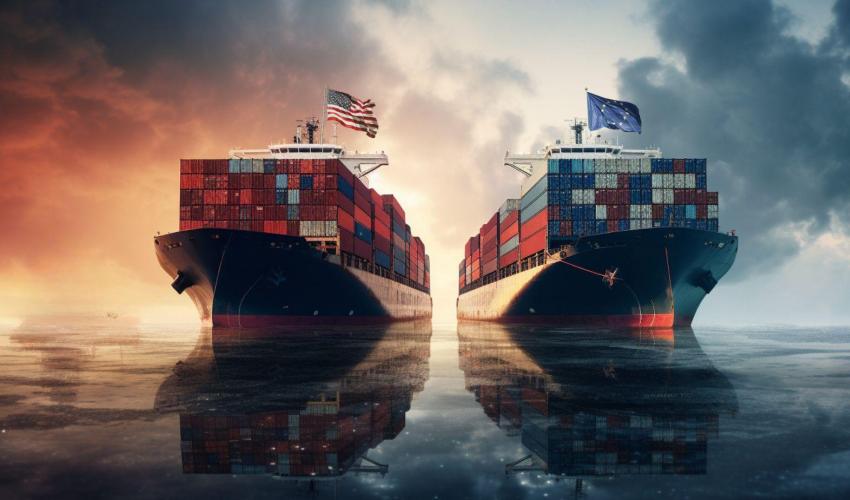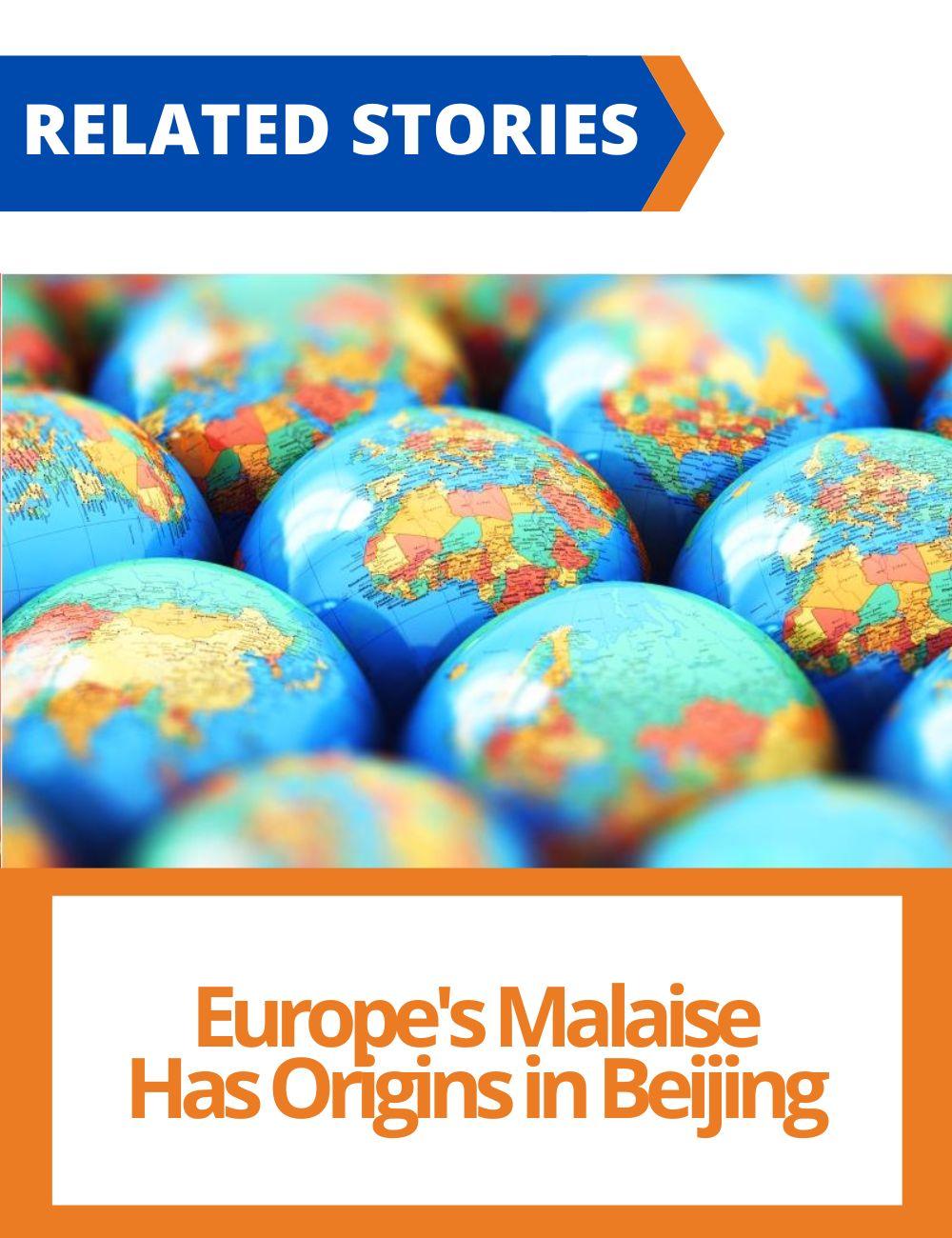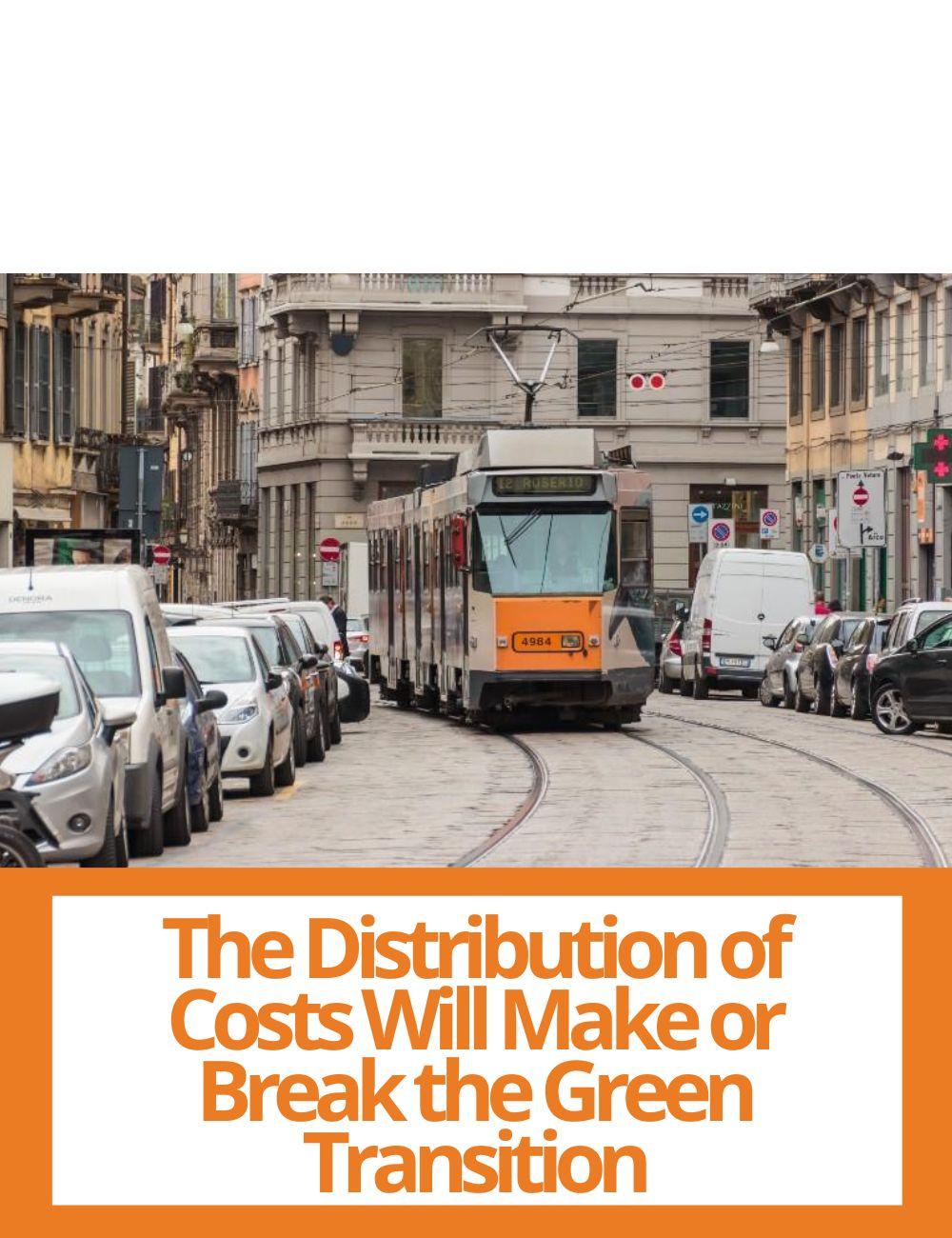
Trade Wars Ahead? The Protectionism of the US IRA Should Not Scare Europe
THE INFLATION REDUCTION ACT WILL INCREASE THE US GREEN TECH MARKET. IF THE EUROPEANS DON'T TAKE ADVANTAGE OF IT, THE CHINESE WILL, AN ANALYSIS BY DANIEL GROS AND COAUTHORS FROM THE INSTITUTE FOR EUROPEAN POLICYMAKING AT BOCCONI UNIVERSITY SHOWSWhen the Inflation Reduction Act (IRA) was signed by President Biden in August 2022, it sparked a heated debate in Europe about whether it would be appropriate to “retaliate.” The White House defined the $380bn program “the most significant action Congress has taken on clean energy and climate change in the nation’s history,” since it includes provisions that promote renewable energy production and displays a clear intent to give the US leadership in key green technologies using local content provisions. Such provisions, the common argument goes, are hardly compatible with WTO rules and would put European producers at disadvantage, thus providing a reason for introducing new tariffs to American imports.
A closer look at the provisions by Daniel Gros, Director of the Institute for European Policymaking @ Bocconi University (IEP@BU), and IEP@BU Fellows Philipp-Leo Mengel and Giorgio Presidente, scale the threat to European trade back and highlight the opportunities that a larger clean energy US market could provide to European companies. But there’s a caveat: if Europe can’t sustain its competitivity in clean energy technologies, the winner of the transatlantic trade row could be China.



The paper will be presented on 9 November in Brussels to the local chapter of the Bocconi Alumini Association (CLICK HERE for information/to register) and on 13 November at the Istituto di Affari Internazionali (IAI) in Rome (CLICK HERE for information/to register).
A CATCH-22 SITUATION
On the one hand, the IRA is less impressive than it seems, and in many aspects comparable to the support currently granted to European producers. The $380bn headline figure is to be spread in 10 years, thus amounting to $38bn per year, while the support for renewables alone costs each year about € 80 billion in the EU.
On the other hand, the provisions face a Catch-22 situation. To be defined a success, the IRA should contribute to meeting the Biden administration targets related to clean energy and climate change,- However,if the targets are met the fiscal cost of the IRA would massively exceed the budgeted $380bn, likely reaching $1,000bn according to the scholars’ calculations, and could fall victim to its own success. “Very high subsidies to solar power generation were stopped in Europe when their cost became apparent,” the authors warn.
INDUSTRIAL STRATEGY OVER TRADE WARS
The most controversial aspect of the IRA is represented by the local content provisions: a subsidy of $7,500 for electric vehicles is available only for cars produced in North America; renewables installations that use at least 40% of US products for their manufacturing inputs receive a 10% higher subsidy; and the domestic production of certain elements for batteries and renewables receives generous support.
The paper, though, shows that some of these provisions have little bite (many renewable projects in the US, including those of EU companies, already satisfy the local content requirement) and others hardly counterbalance the support given by the EU to European producers. The subsidy to electric cars is roughly equivalent to the disadvantage of US producers on the EU market because the EU has a 10% import tariff on cars, and the same is true for the domestic support for batteries. Moreover, leased cars can get the subsidy even if they are made in Europe.
Seen from a still unexplored angle, the IRA, though, has the potential to increase the US market for electric cars (up to +600% in ten years) and renewables (up to +345%) so much that it could lavishly benefit European producers.
“The point here,” comments Daniel Gros, “is not sparking useless trading wars, but to be ready to reap the benefits of larger green markets. If the Europeans don’t, the Chinese will. This means designing an industrial strategy that must include the support to applied research and technical training needed for the development of products that will allow Europe to be competitive in the long-term.”
THE MYTH OF DEPENDENCY
In another piece of analysis, Gros shows that the European dependency on China for raw materials related to electric cars and renewables is wildly overestimated. “A combination of substitution and some stock piling would be sufficient to de-risk the supply of raw materials to a large extent,” he says. “The value of annual EU imports of the much-hyped rare earth minerals, for example, amounted to only 120 million (not billion) in 2021. At current interest rates, the cost of maintaining a large stockpile would thus be less than 15 million annually (three years stockpile requiring 360 million and interest charges at 4%).”
Daniel Gros, Philipp-Leo Mengel and Giorgio Presidente. “No Rose Without Thorns. The EU and the US Inflation Reduction Act.” IEP@BU Working Paper.
by Fabio Todesco
